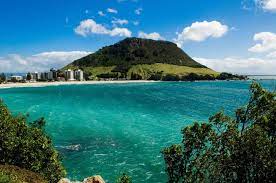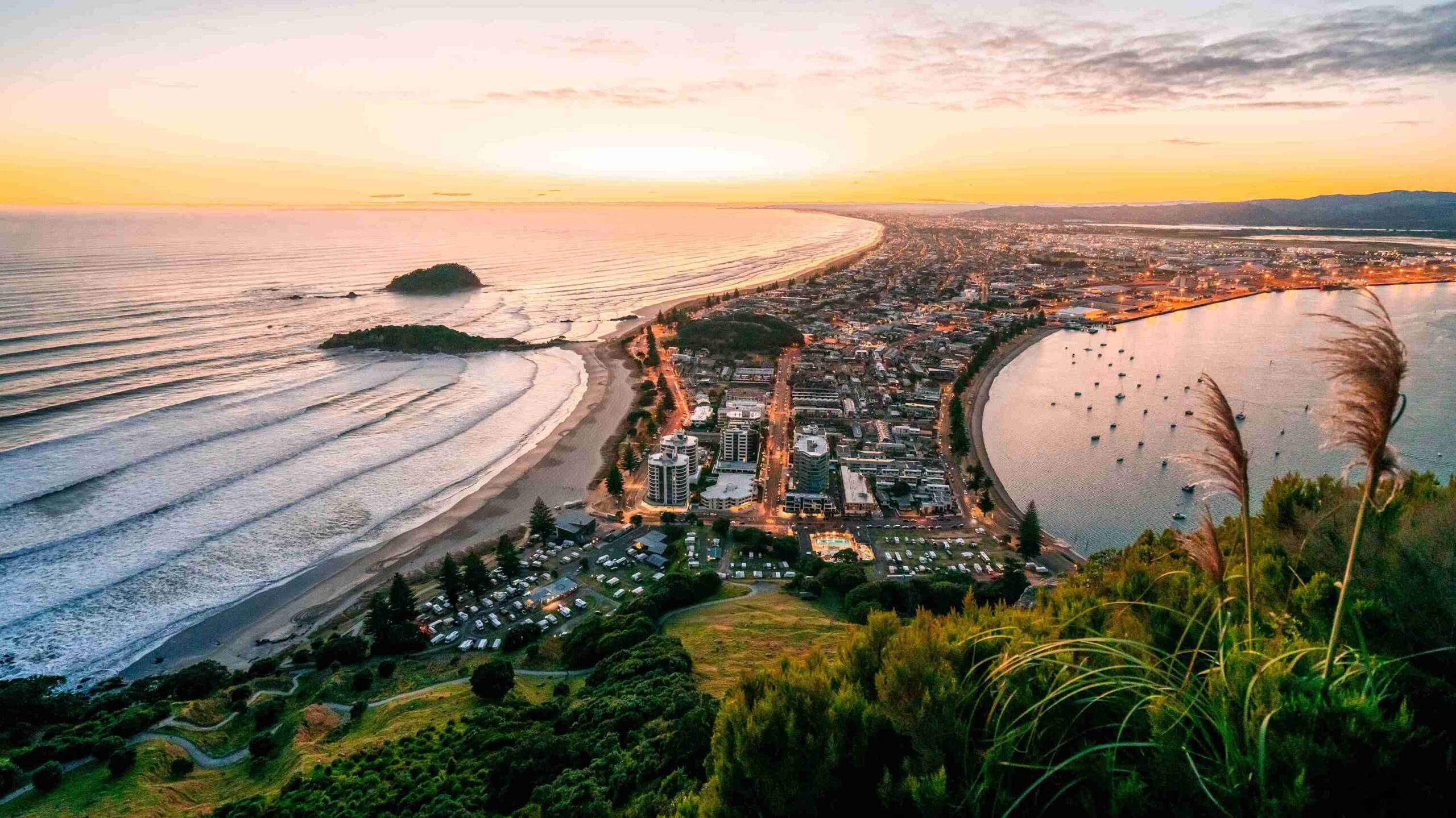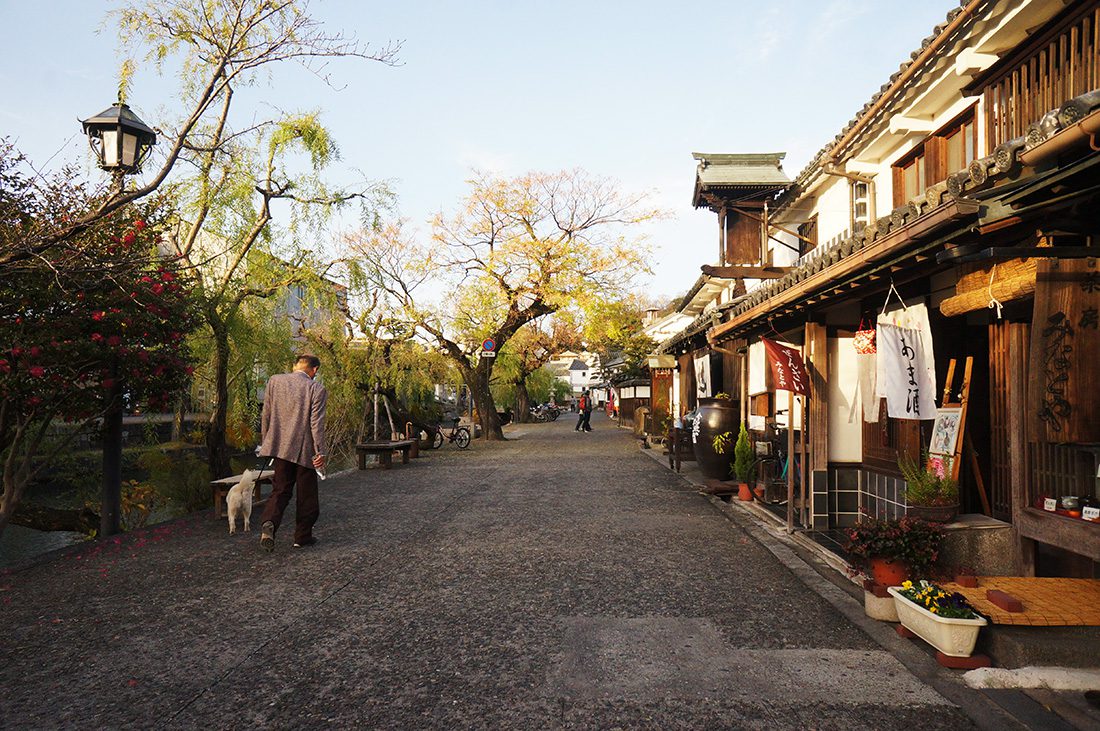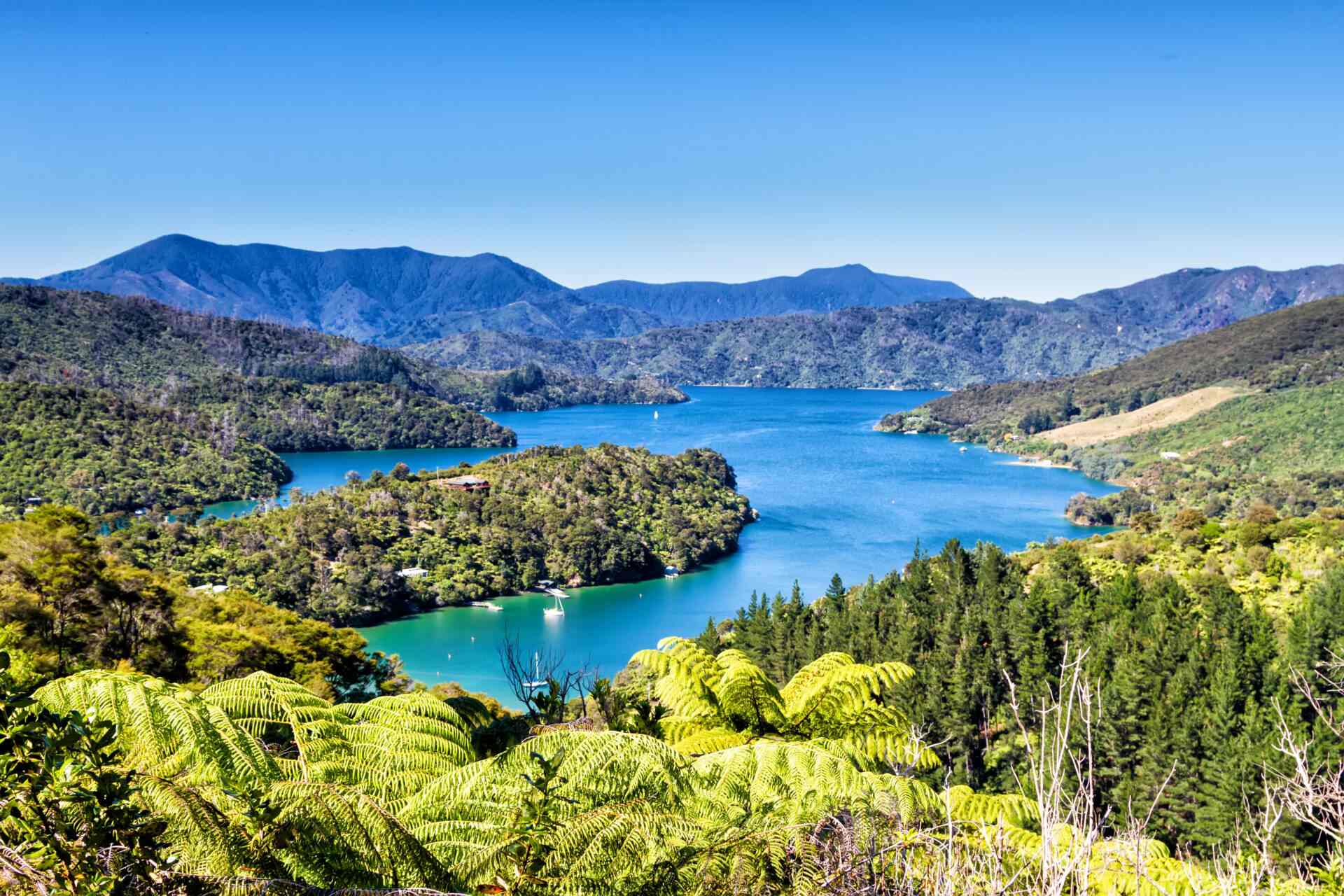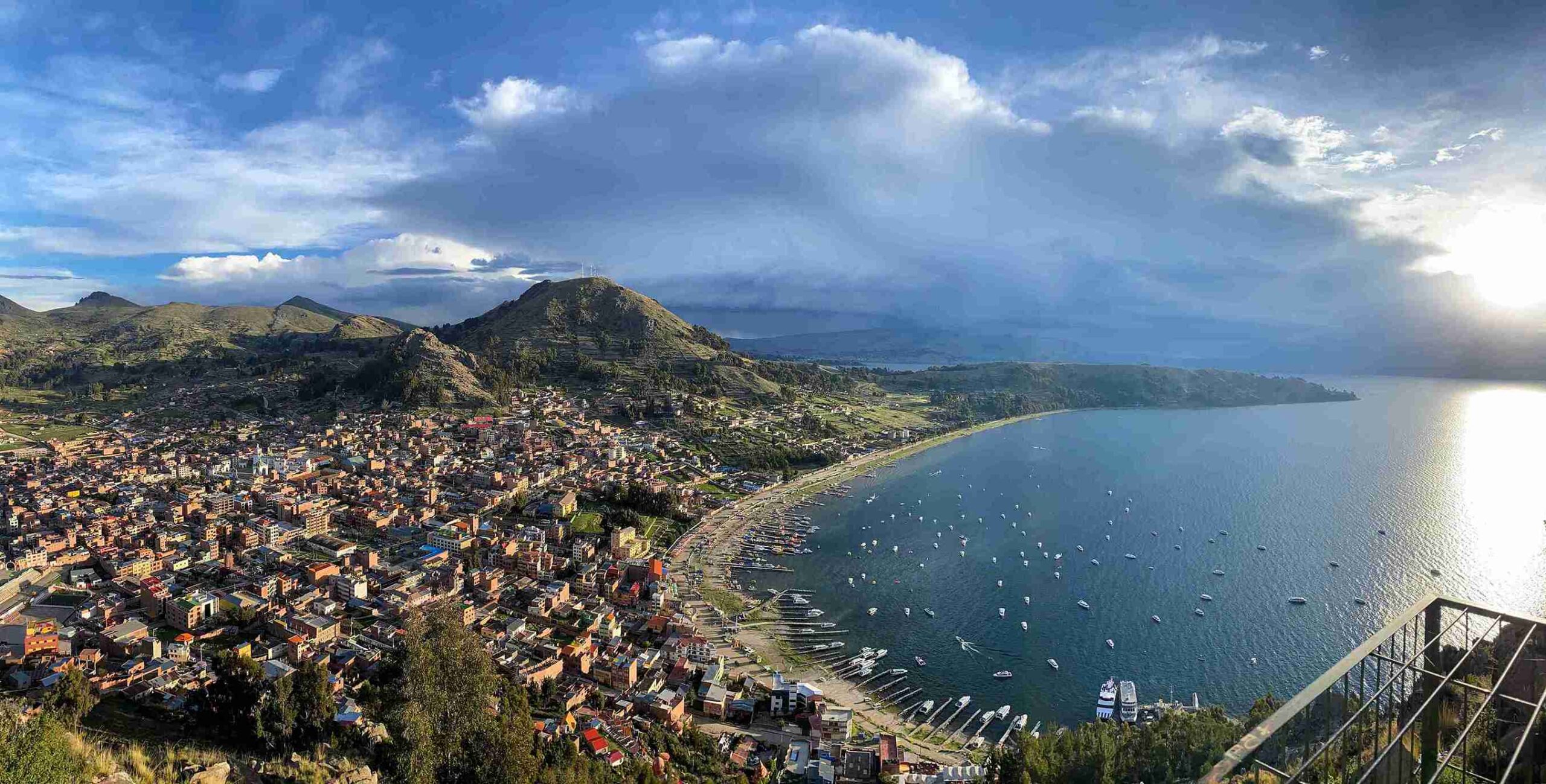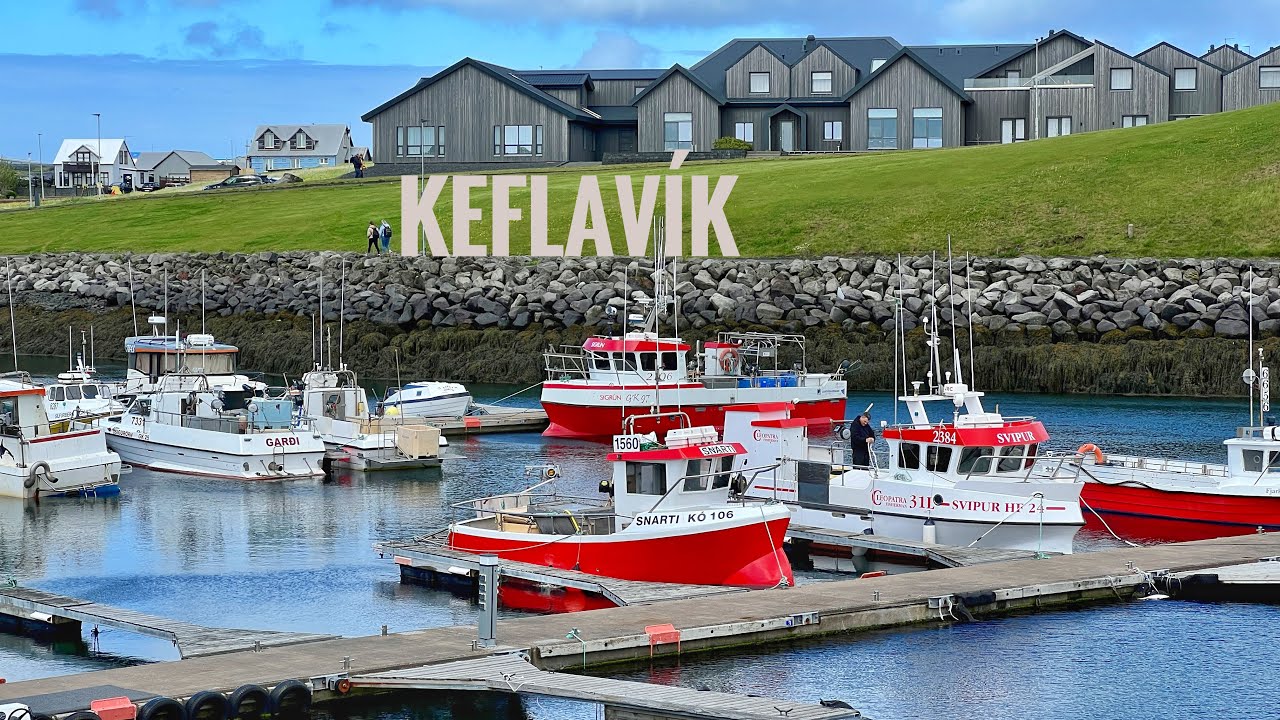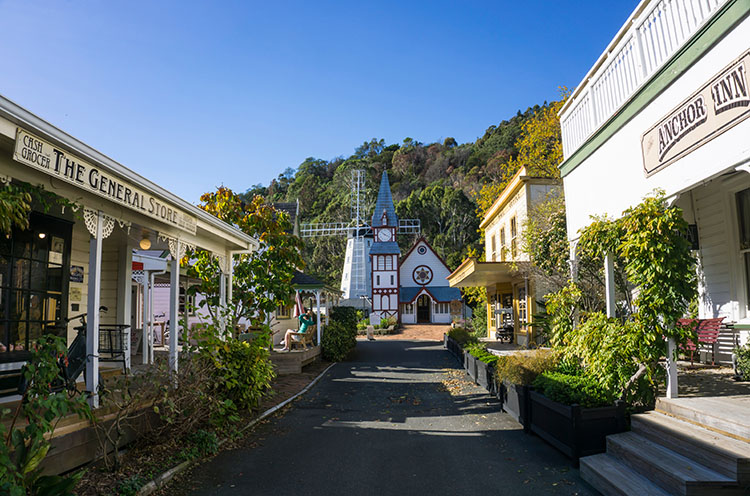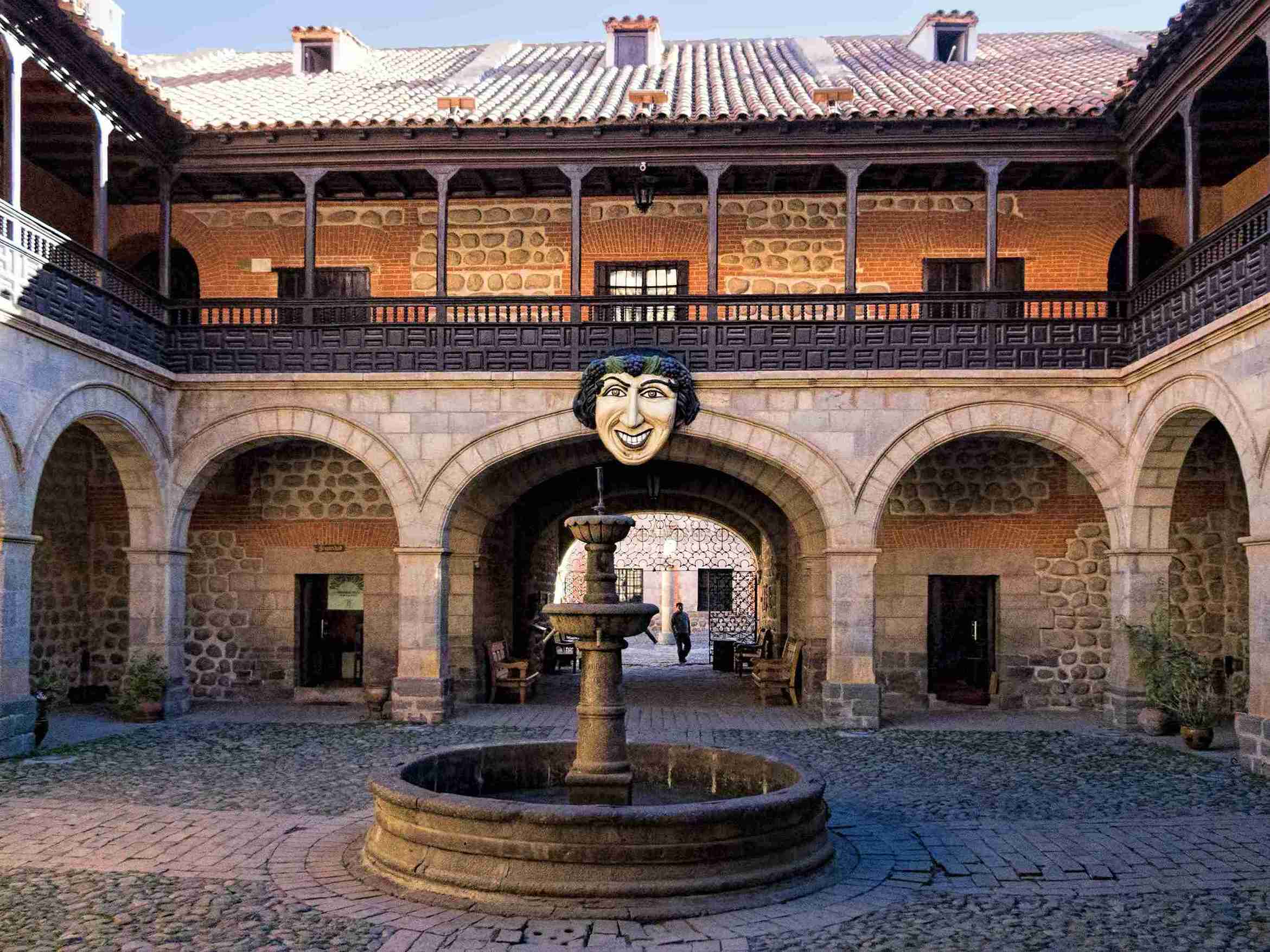Cotonou, Benin – Travel Tips
Category
Categories
Popular Articles
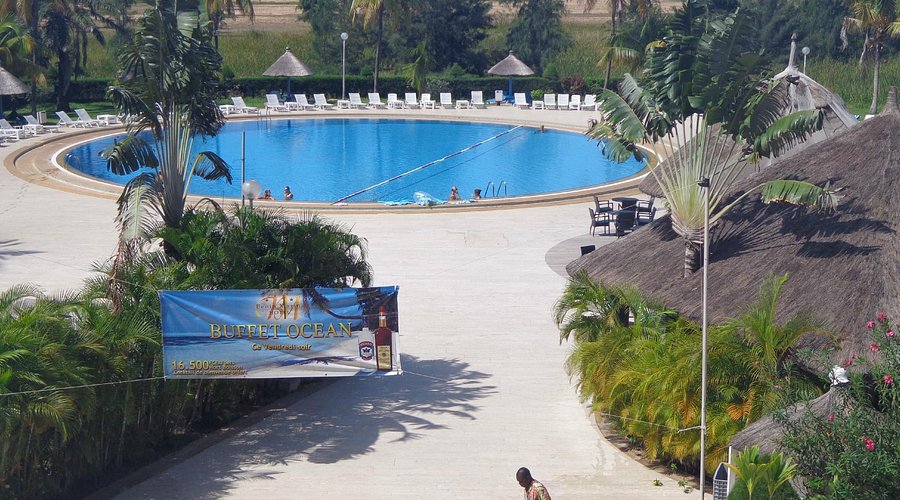
**Overview of the Destination: Cotonou, Benin**
Cotonou, the largest city and economic hub of Benin, is an intriguing destination with a vibrant mix of cultures, urban energy, and coastal charm. Known for its bustling markets, striking colonial architecture, beautiful sandy beaches, and a lively nightlife, Cotonou has something for everyone. Its sugar-white beaches provide a serene escape, while city attractions such as the Dantokpa Market and Fondation Zinsou dazzle with local color and contemporary art. Whether you’re here to soak in the rich history, indulge in the delicious Beninese cuisine, or explore the vibrant street life, Cotonou is sure to entice you with its unique character and undeniable soulfulness.
**Best Time to Visit: Cotonou, Benin**
The best time to visit Cotonou is during the dry season, which runs from November through April. This is when the weather is most pleasant and ideal for outdoor activities. Cotonou celebrates several major festivals, including the Voodoo Festival in January, which attracts visitors from around the world for its vibrant rituals and celebrations. The rainy season from May to October might offer off-season benefits like fewer crowds and better hotel rates, but heavy downpours can disrupt travel plans.
**Climate & What to Pack**
Cotonou has a tropical climate, with hot and humid conditions year-round. Average temperatures hover around 30°C (86°F). If you’re planning to visit during the dry season, pack lightweight, breathable clothing, ideally in cotton or linen. Don’t forget your swimsuit for beach time, sunblock, a wide-brimmed hat, and a good pair of walking shoes. The rainy season calls for a waterproof jacket and shoes.
**Getting There**
Cadjehoun Airport is the nearest airport to Cotonou, hosting international flights from major cities across the world. Upon arrival, you can opt for a taxi or arrange a pick-up with your hotel to get to the city center. Remember, Benin requires a visa for most tourists, which can often be obtained upon arrival. However, it’s recommended to apply in advance for a smoother entry process.
**Getting Around Locally**
Taxis are readily available in Cotonou, and they’re the most straightforward way to get around. While there’s a limited public bus system, it can be somewhat challenging to navigate for outsiders. Car rental services are available, though dealing with traffic congestion and unfamiliar driving norms might be challenging.
**Safety Tips**
Although Cotonou is generally safe, caution and common sense should be exercised, especially in crowded areas. Beware of pickpocketing in markets and public transportation. Solo travelers and women can travel safely but should avoid walking alone at night. Always respect local customs and dress modestly to avoid attracting unnecessary attention.
**Top Things to Do & See**
Sample the city’s attractions, such as the lively Cotonou Central Mosque, the grand Notre Dame Cathedral, and the vibrant Dantokpa Market – one of West Africa’s largest open-air markets. Nature lovers must visit Pendjari National Park, and art enthusiasts will appreciate the contemporary African art at Fondation Zinsou.
**Where to Stay**
For luxury options, consider staying at the Maison Rouge or the Golden Tulip Le Diplomate. Mid-range travelers might enjoy the Hotel du Port or Casa Del Papa. If you’re on a budget, consider the Youth Hostel of Songhai. The city center and beachfront areas are popular locations to stay for their accessibility to major attractions.
**Food & Local Cuisine**
Local Beninese cuisine features corn, beans, rice, and yam, often served with spicy sauces and grilled fish. Do try the national dish ‘Poulet Yassa’ (chicken with onions and lemon). For the best sampling of street food, local cafés and restaurants, head to the bustling Dantokpa Market or Fidjrosse Beach.
**Cultural & Practical Tips**
The official language is French, but many locals also speak Fon and Yoruba. The currency is the West African CFA franc. There is no standard tipping culture, but a small tip for good service is always appreciated. The standard voltage is 220 V. Most hotels, restaurants, and cafes offer Wi-Fi.
**Sustainable or Responsible Travel Tips**
Try to support the local economy by buying handicrafts or dining at local eateries. Always ask for permission before photographing people. Avoid using plastic and carry a reusable water bottle with you to minimize waste.
**Personal Travel Tip**
Language is no barrier when it comes to experiencing Cotonou. With a bit of patience, friendliness, and sign language, you’ll be interacting with locals and understanding more about their culture in no time. Enjoy the city’s rhythm and openness, let yourself immerse in the busy marketplaces, take in the mesmerizing architecture, and savor the flavors of the local cuisine. Cotonou is more than just a city; it’s a lively, fruitful experience waiting to be discovered!

